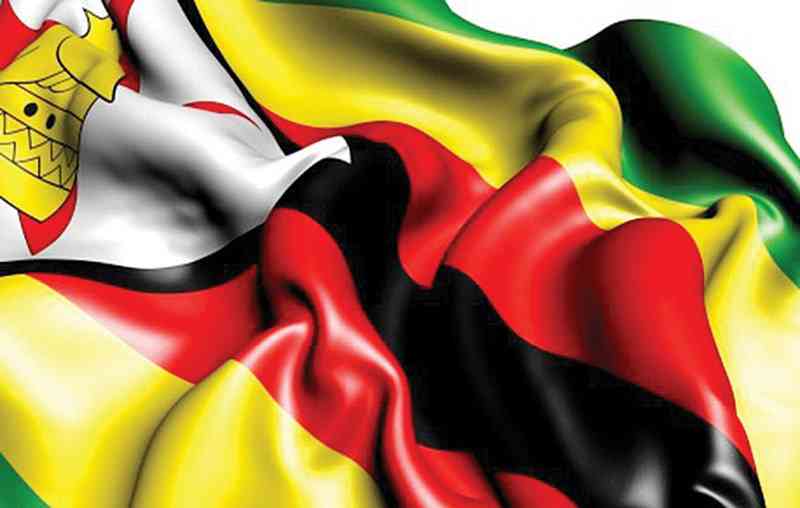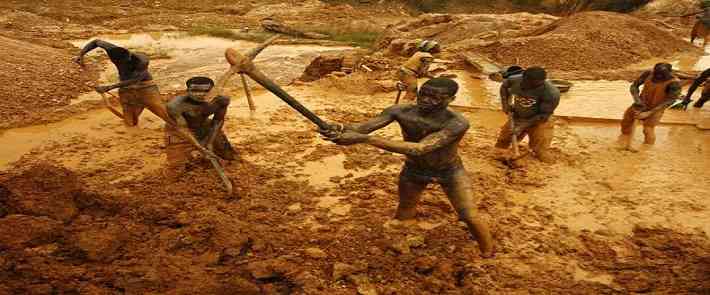
The articulation of the national question and practices in terms of the ‘will to power’ is the fundamental problem facing Zimbabwe at this historical juncture.
By the ‘will to power’, we mean the corruption of the politics leading to a cultural domination in the Zimbabwean society of a logic to grab, conquer and retain power by the ruling party, opposition political parties and civil society actors in order to change society.
In this context, politics and changing society is reduced to the narrow road to state house. The ‘will to power’ has superseded the ‘will to transform’ which reflects the logic to sustainably transform the embedded extractive and undemocratic political and economic institutions.
The path to transform, as history shows, from Europe, North America and some parts of South America, has always been slow and convoluted, but produced robust inclusive democratic and economic institutions.
This paper examines the fundamental national questions of the day and the possible strategies and programming interventions for civil society emerging from the national questions post August 23, 2023 elections.
It identifies the will to power as the major challenge of the day.
It starts off by analysing why the will to power is problematic and how it is manifesting as a national crisis and concludes by proffering recommendations on civil society programming in the context of the shifting political economy of the state in the past decade.
Why the ‘will to power’ is problematic? History is littered with examples of reform movements that conquered power but replaced one set of extractive and authoritarian political and economic institutions with even more pernicious ones.
- Lobby group bemoans impact of graft on women
- Corruption watch: Rogue cops: Blame it on the bosses
- DJ Ladyg2 fights stereotype in showbiz
- Corruption watch: Who is benefitting from the Pomona sham deal?
Keep Reading
For example, Nasser wanted to build a more egalitarian society in Egypt but this led to the corruption of the political by Hosni Mubarak’s regime leading to his ouster by mass protests during the 2011 Arab Spring revolution backed by the military elite that then usurped the protests, overthrew the elected government of president Morsi and now runs the Egyptian state under an effectively military oligarchy.
Former and late president Robert Mugabe a freedom fighter, fought the colonial regime and its extractive and undemocratic institutions of power but ended up being overthrown by the military in November 2017 which installed current President Emmerson Mnangagwa.
However, Zimbabwe’s institutions did not become less extractive to date upon both Mugabe and Mnangagwa’s assumption of the saddle of power.
There has been repetition without change from the colonial to the post-colonial state in terms of fundamentally changing/reforming the predatory, personalistic, parasitic and extractive nature of politics and governance in Zimbabwe.
What is common among political reform movements, which paved way for more democratic and inclusive institutions and gradual institutional changes like post-colonial Botswana, England in the 19th century and North America, is that they succeeded in empowering a broad cross section of society driven by the ‘will to transform’.
This has failed in Zimbabwe and sadly, opposition politics in the country appears to mimic the tactics of the system they seek to replace.
The opposition has descended into populist and personalistic style of leadership that has no fidelity to create strong institutions, systems and structures.
This modus operandi reflects the will to power rather than the will to transform.
The current state of opposition politics and the contradictions therein do not inspire a clear agenda of reforming the extractive nature of the current political economy of the state under Zimbabwe African National Union Patriotic Front (Zanu PF) rule since 1980.
The corruption and decomposition of the of the political in Zimbabwe has resulted in fetishism of power in which Mnangagwa and the ruling Zanu PF believe they are the sovereign centre of political power and are ordained to rule for life.
In their view, power has to be conquered and retained the Machiavellian way. That is, by any means necessary.
In this regard, elections become a mere ritual to justify the rule of Zanu PF for ‘eternity.’
Such elections are always contested by the participants and condemned by civil society and foreign observes as falling short of expected local and international standards.
For instance, the 2023 election was run in an opaque manner and were later disputed by the opposition, civil society and most observations missions like the African Union, Sadc and European Union.
The elections were organised contrary to the provisions of the constitution, AU and Sadc principles and guidelines governing the conduct of democratic elections.
For example, section 156 (c) (i) of the constitution of Zimbabwe states that at every election and referendum, the Zimbabwe Electoral Commission must ensure that appropriate systems and mechanisms are put in place to eliminate electoral violence and other electoral malpractices.
Further to that, Article 4.1.1 of the Sadc Principles and Guidelines Governing Democratic Elections stipulates that member states should encourage the full participation of all citizens in democratic and development processes.
Article 4.1.7 goes on to state that guarantee an environment of open contest with no undue exclusion and restrictions on anyone to vote as well as the right of eligible and qualified citizens to stand as candidates in any election.
Notwithstanding these local and regional legal instruments on elections, the August 2023 elections were organised under a menu of electoral manipulation with vigilante groups aligned to the ruling party such as the Forever Associates Zimbabwe (FAZ) marshalling rural people to vote for Zanu PF and closing down the democratic space in rural and farming communities.
According to the Zimbabwe Lawyers for Human Rights report (2023), in Masvingo province, two people were recently arrested by Zimbabwe Republic Police (ZRP) officers in Gutu after they allegedly engaged in a verbal altercation with FAZ members, who were stationed at some Zimbabwe Electoral Commission (ZEC) polling stations, which had been designated by the elections management body as inspection centres for purposes of the voters’ roll inspection exercise.
In addition to that, ahead of the Zanu PF rally in Zaka held on 16 July 2023, FAZ reportedly camped in the area to coerce villagers to attend the rally and one villager noted that “members of FAZ embarked on a door-to-door excursion and recorded our names saying buses will come to pick us up for the rally.
We were also promised seed maize for the forthcoming agricultural season.”
The cultural domination of the ‘will to power’ has largely led citizens to become servile or dormant rather than active actors in the construction of the day to day political questions.
The daily weight to seek power imposed by political parties and its ramifications has become too heavy a daily cross for the ordinary citizen’s shoulder.
The ‘will to power’ has resulted in power struggles in both the ruling party and opposition political parties mainly the now infiltrated and fractured Citizens Coalition for Change (CCC).
To them, change can only occur when one grabs power hence ‘seek yee the kingdom of political power first’.
Democracy and economic prosperity has become embedded in the politics of power retention in both the ruling party and opposition political groups.
After the death of MDC-T president Morgan Tsvangirai in February 2018, one of the party’s vice presidents, Nelson Chamisa, quickly moved to assume and consolidate power.
He convened an emergency meeting of the party’s National Executive Council, which appointed him as the acting president of the MDC-T.
However, this decision was contested by other vice presidents, Thokozani Khupe and Elias Mudzuri, leading to significant internal conflict.
Fast forward to 2023, Nelson Chamisa lost power to Sengezo Tshabangu whose rise to power involved strategic alliances and exploiting internal divisions within the CCC party and its lack of clearly defined structures and a constitution.
Tshabangu garnered support from key members who were dissatisfied with Nelson Chamisa’s leadership style and his strategic ambiguity.
By positioning himself as an interim CCC party Secretary General, Tshabangu was able to shift the balance of power in his favour.
In Zanu PF, the removal of Mugabe from power by a military coup d’état in November 2017 which installed Mnangagwa in power was initially celebrated by many Zimbabweans who were hopeful for change.
Nevertheless, the euphoria lasted for a very short period of time as the military’s influence over state institutions became apparent.
The coup d’état signalled a shift in the balance of power and casting a long shadow over the country’s democratic institutions.
It ought to be remembered that the military takeover of government was not just a change of guard but a strategic move to consolidate power.









